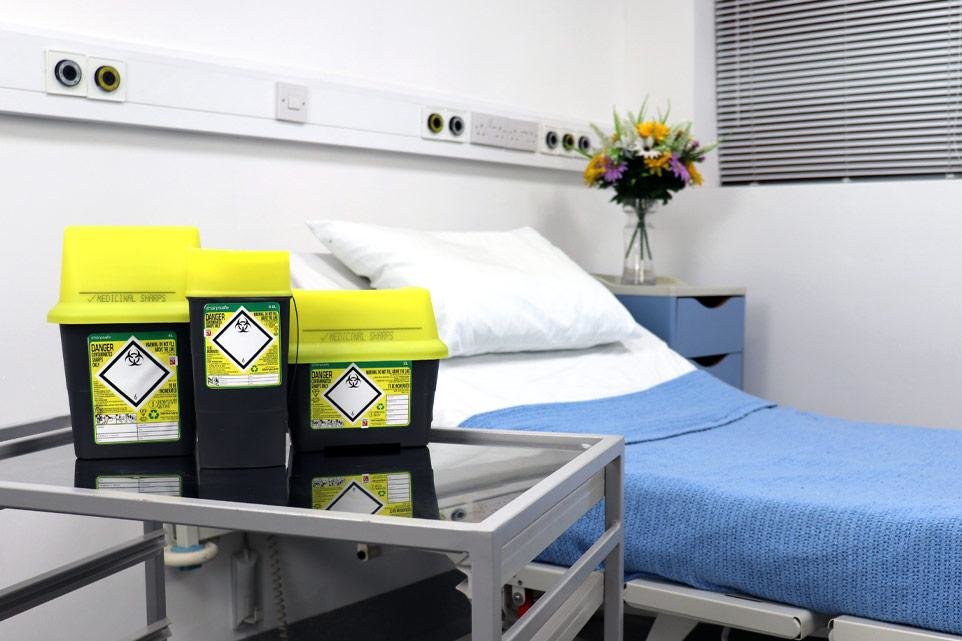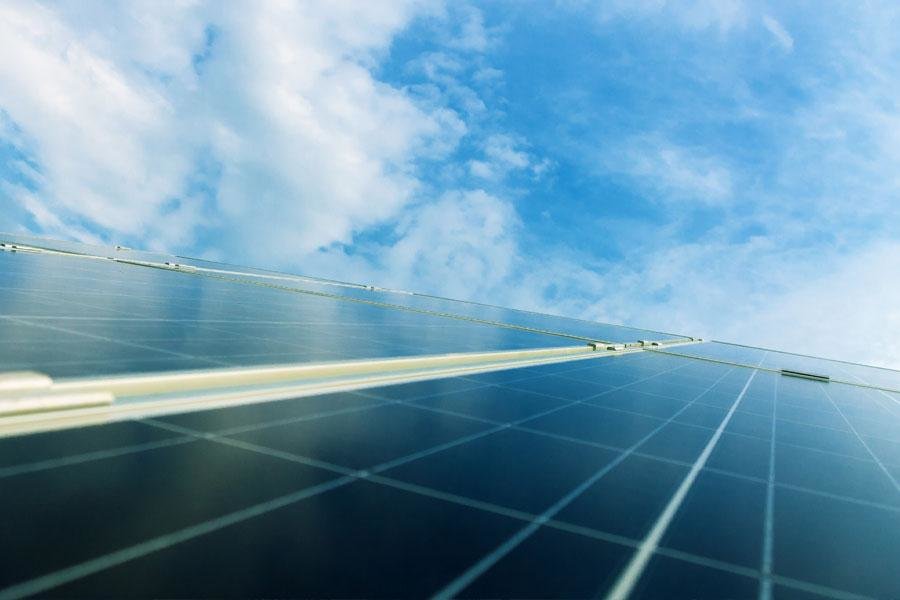
How we support the Circular Economy

How we support the Circular Economy

Creating a circular economy focuses on the reuse and regeneration of products. Operating in ways that minimise waste is the way forward for people and for businesses and by changing our manufacture, consumption, and disposal process from a linear model to circular, we can stop waste being produced at the source and increase our products lifetime.
Over 222 million tonnes of waste is produced in the UK each year, increasing the possibility of harmful effects on the environment from landfill, incineration, or open dumping of waste.1
What is a circular economy?
According to the Ellen MacArthur Foundation, "The circular economy is a systems solution framework that tackles global challenges like climate change, biodiversity loss, waste, and pollution, and is based on three principles: Eliminate waste and pollution, Circulate products and materials, and Regenerate nature."2
How do we support the circular economy
A variety of products that we use every day in healthcare environments are inherently single-use by nature, which is imperative to preventing infections and cross-contamination but this poses a challenge for more sustainable manufacturing of healthcare essentials, and the wider environmental impact that they have on the planet.

Zero waste manufacturing process
Our full human waste disposal system solution is at the forefront of tackling global circular economy challenges by minimising waste production and reducing utility consumption. Vernacare's maceratable solution uses 96.5% less electricity and 92% less water than a traditional bedpan washer.
Vernacare's range of Medical Pulp is produced from recycled cellulose plant-based fibres that are 100% biodegradable. The manufacturing process uses a circular production cycle whereby any defective, faulty, or inaccurate products are redirected back into the manufacturing process to be pulped and re-produced. This practice eliminates waste production.
Recycled Material Products
In 2021, we launched the world's first full range of sustainable single-use sharps containers, 5th Generation Sharpsafe. All our sharps bins are now produced with up to 100% recycled material in our bases, and in our supporting sharps accessories including our Near Patient Sharps Disposal (NPSD) system.
By switching to our recycled material sharps containers, a 94% reduction in carbon footprint can be achieved when compared to virgin materials. Our switch to recycled plastic materials has reduced our carbon footprint by circa 2000 tonnes in 2022 with this figure expected to rise as we continue our product developments.


Environmental offering
All our UK manufacturing facilities are collectively working together to reduce our carbon footprint and to support responsible and sustainable strategies, throughout all areas of the business, not just direct manufacturing.
We are actively involved in the Climate Change Agreement at our Bolton facility and have voluntarily agreed to reduce energy use and carbon dioxide emissions. We report and measure all our forms of waste to comply with environmental regulations.
Our Chorley facility has 2,416 solar panels that now generate 500,000 kWh/yr of electricity and our Blackwood site delivers zero waste to landfill, utilising high grade reprocessed material. Our facility in Worksop makes use of natural resources, with a strict recycling policy which sends virtually zero waste to landfill.
We are striving to be a fully net zero business by 2045 to support the NHS and global environment agendas as key partners in the healthcare supply chain globally.
Do you want to learn more about our sustainability initatives and and Carbon Net Zero strategies? Watch our sustainability video here.